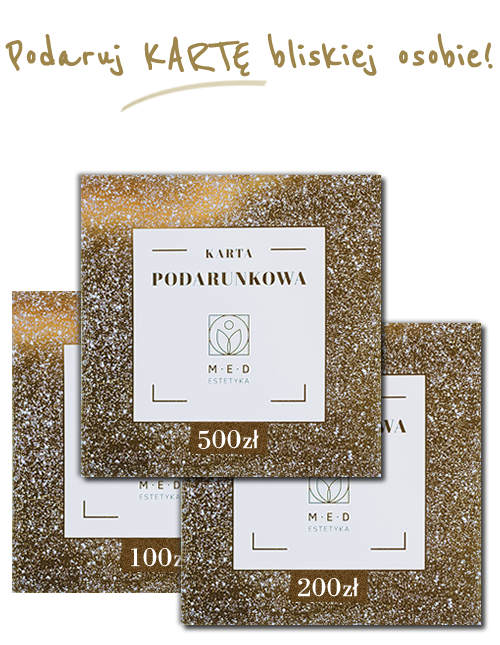Calcitonin
Material: Blood
Test price: PLN 47
Waiting time: result after 7 working days
Booking:
Test price: PLN 47
Waiting time: result after 7 working days
Booking:
- We perform the test without prior reservation only at selected intake points/hours - NOTE! Check the hours of the tests
Preparation for the study
General
- The test material is blood.
- Approximately 30 minutes before the test, it is recommended to consume water.
- Do not drink coffee, flavored water, cola light/ cola "zero" drinks, energy drinks, juices.
- Do not eat meals, snacks, fruits, vegetables, breath freshening candies, chew gum, smoke cigarettes.
- The patient must be fasting, at least 12 hours after eating the last meal, unless otherwise instructed by the doctor (e.g., performing the test after a meal)
- Only water can be drunk before the test.
Detailed for infants
- For children under 3 years of age, it is recommended to draw blood from half to one hour after feeding.
Detailed for children
- For children under 3 years of age, it is recommended to draw blood from half to one hour after feeding.
Important
Samples brought from outside are not accepted for testing.
Description
Calcitonin is a hormone produced by the peritubular C cells of the thyroid gland.
This hormone, along with parathormone and calcitriol, plays an important role in the regulation of calcium and phosphate metabolism. Calcitonin reduces calcium and phosphate concentrations in the blood affecting mainly bone metabolism .
Calcitonin is also produced in smaller amounts in C cells located outside the thyroid gland: in the parathyroid glands, thymus gland and in clusters along large vessels. Calcitonin is a thyroid hormone whose secretion is not regulated by the pituitary gland, as is the case with thyroxine and triiodothyronine. Calcitonin production is dependent on the concentration of calcium in the blood. A decrease in its concentration leads to an inhibition of calcitonin secretion.
Calcitonin determination is ordered primarily as an adjunctive test in the diagnosis of C-cell hyperplasia and medullary thyroid carcinoma (MTC), to assess the effectiveness of MCT treatment and to monitor for recurrence, or as a screening test in relatives of a patient with type 2 endocrine adenocarcinoma.
Increased calcitonin levels may also be associated with hyperparathyroidism, hypergastrinemia, renal dysfunction and chronic inflammatory disease.
This hormone, along with parathormone and calcitriol, plays an important role in the regulation of calcium and phosphate metabolism. Calcitonin reduces calcium and phosphate concentrations in the blood affecting mainly bone metabolism .
Calcitonin is also produced in smaller amounts in C cells located outside the thyroid gland: in the parathyroid glands, thymus gland and in clusters along large vessels. Calcitonin is a thyroid hormone whose secretion is not regulated by the pituitary gland, as is the case with thyroxine and triiodothyronine. Calcitonin production is dependent on the concentration of calcium in the blood. A decrease in its concentration leads to an inhibition of calcitonin secretion.
Calcitonin determination is ordered primarily as an adjunctive test in the diagnosis of C-cell hyperplasia and medullary thyroid carcinoma (MTC), to assess the effectiveness of MCT treatment and to monitor for recurrence, or as a screening test in relatives of a patient with type 2 endocrine adenocarcinoma.
Increased calcitonin levels may also be associated with hyperparathyroidism, hypergastrinemia, renal dysfunction and chronic inflammatory disease.
Development and preparation of material (applies to contractors only)
1052
Thyroid hormone, CT


